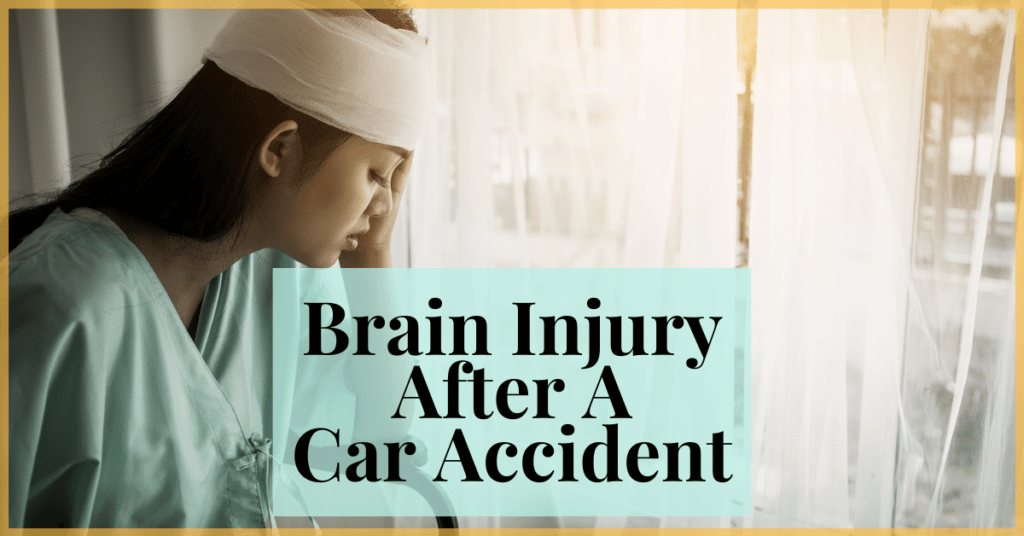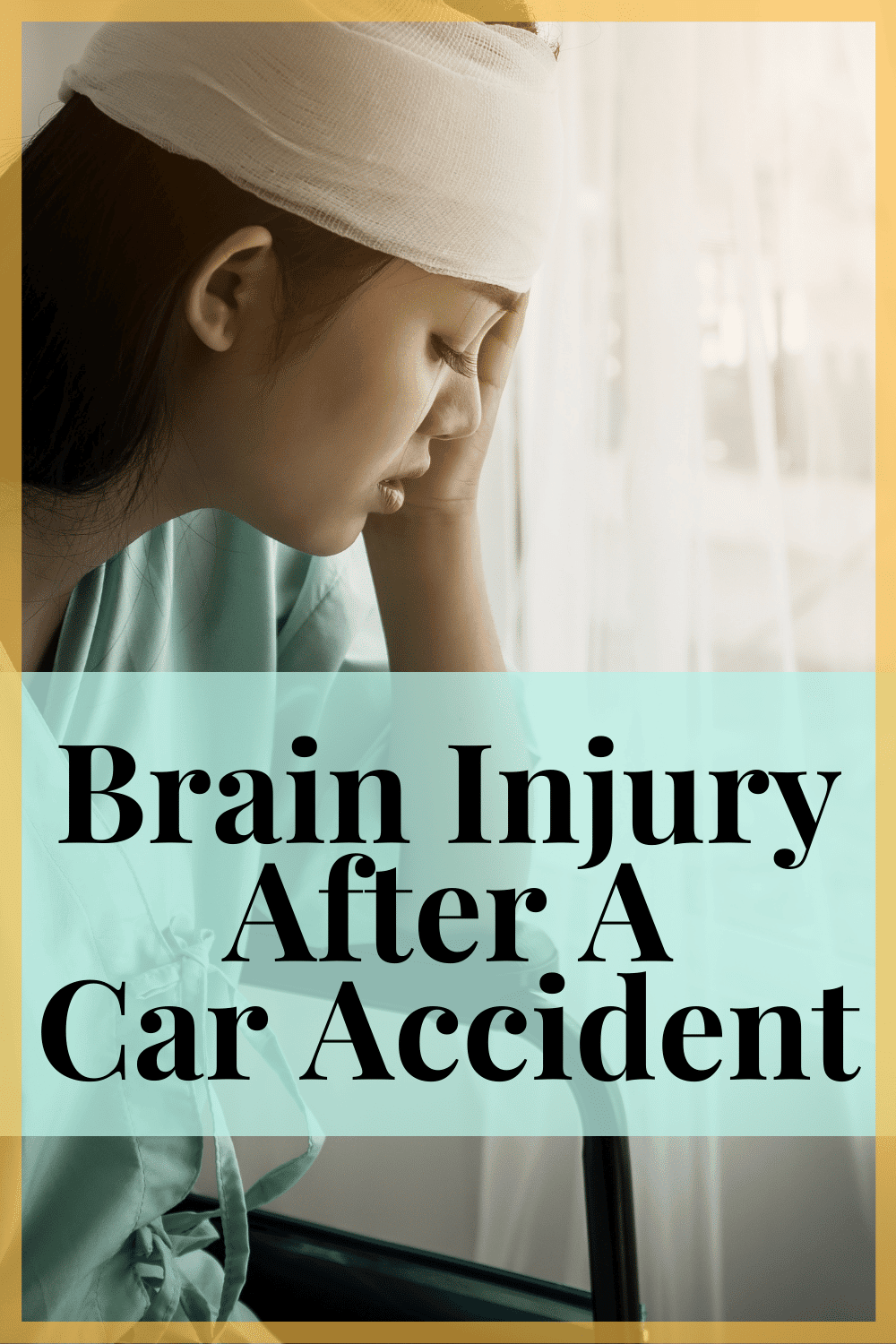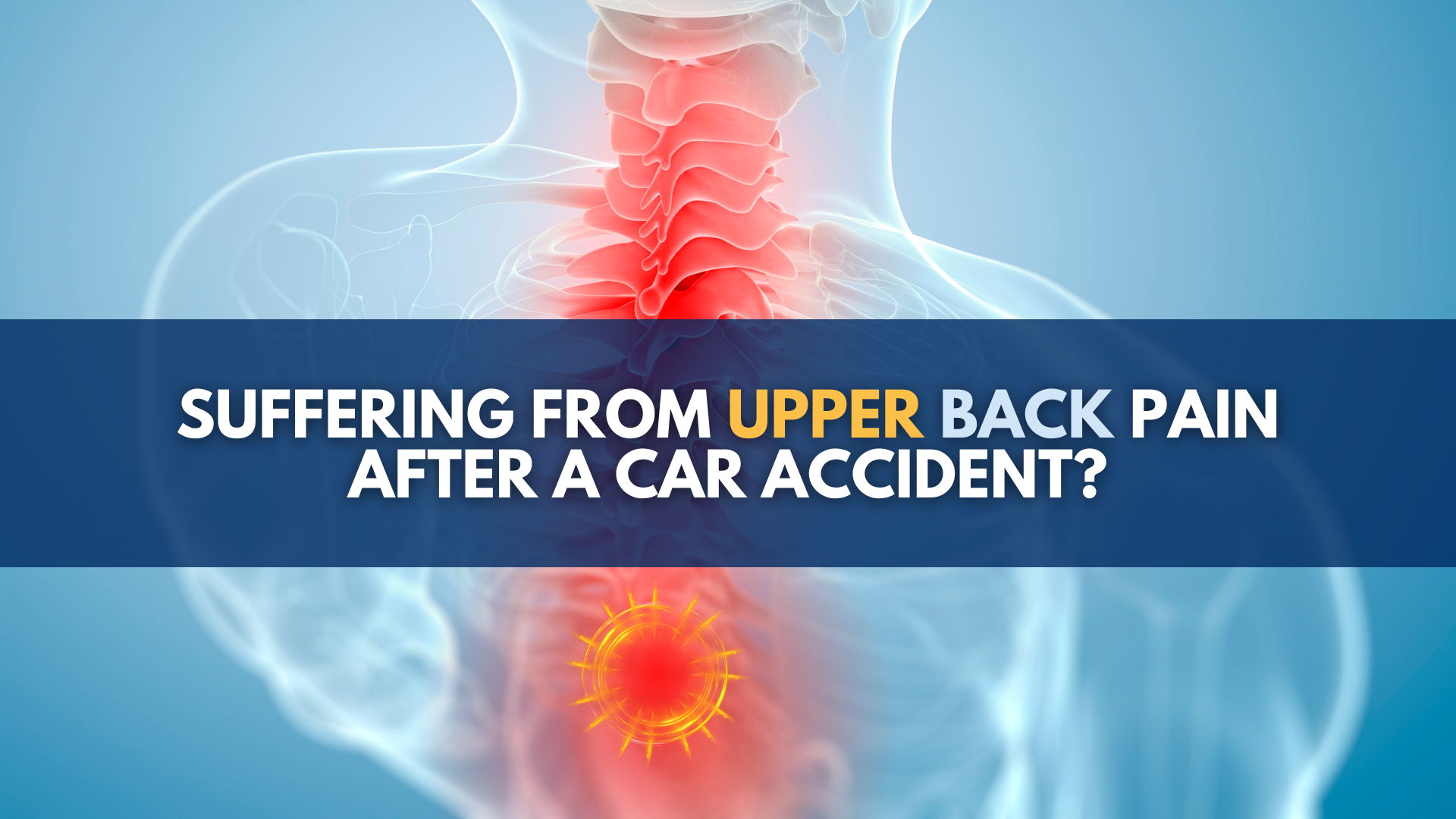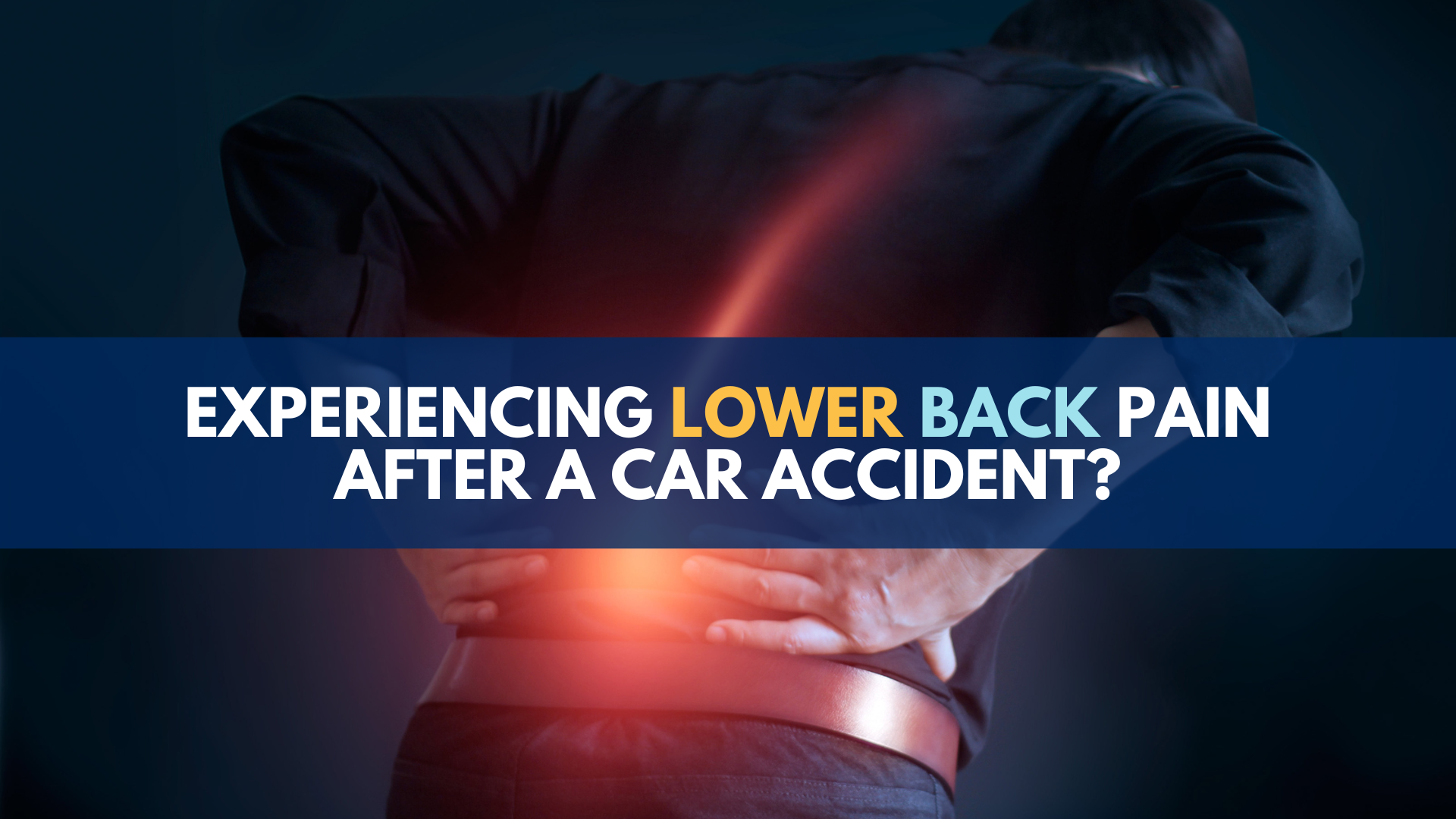
If you have suffered a brain injury after a car accident, you are able to recover compensation and pain and suffering damages from the at-fault driver responsible for the crash. You can also recover No-Fault insurance benefits to pay medical bills and lost wages, replacement services and other economic loss damages.
An experienced attorney will protect your ability to receive care and your legal rights, and can help you get the best possible settlement for your claim.
Choosing the right lawyer for a brain injury after a car accident
As a lawyer who has helped many people who have suffered a brain injury after a car accident, one of the most important things a person can do is to hire an experienced lawyer who understands the medicine of closed head injuries and who has a track record of success with these types of cases. With the right lawyer, your case will settle for more money and faster but more importantly, you will receive the medical care and treatment to make the best possible recovery after your injury.
Unlike a general practice attorney, an experienced closed head injury lawyer will know how to first identify your closed head injury symptoms. This is important as peer-reviewed journal articles show that a closed head injury is missed in hospital emergency rooms between 56-85% of the time.
An experienced closed head injury lawyer will also not be fooled by an insurance company doctor’s IME report that dismisses the consequences of a closed head injury as “mild,” understanding that mild is a medical classification and may have no bearing on long-term disability and how serious the impairments can be.
An experienced lawyer understands that when the insurance company wants to deny your claim for your brain injury after a car accident because your MRI or CT scan is normal, that a normal MRI or CT will not show most closed head injuries. Many if not most closed head injuries involve diffuse axonal injury and won’t show up on an MRI or a CT scan.
The insurance industry’s own data shows that a person who is represented by an experienced attorney who has been successful at helping people who have suffered a closed head injury after a crash recovers significantly more than a person who is not.
Statistics
In Michigan, 30% of all traumatic brain injuries are from car accidents. Nationwide, motor vehicle crashes are one of the leading causes of closed head injury-related deaths and hospitalizations overall. For children 17 years of age and younger, it is the #1 cause of closed head injury-related death.
Here is more detail about national statistics for a closed head injury after a crash:
- Motor vehicle wrecks were the third most common cause of brain injury-related deaths and the second leading cause of TBI-related hospitalizations – accounting for 25% of all hospitalizations for a closed head injury after a crash
- For children between the ages of 0-17, auto accidents were the leading cause of brain injury-related death and the second highest cause of brain injury-related hospitalizations
- Rates of TBI-related deaths attributable to motor vehicle crashes were highest among those aged 15-24 years
What to do after a brain injury after a car accident
Here is what to do for a brain injury after a car accident: (1) get medical treatment as soon as possible; (2) report your symptoms as early as you are aware of them (do not “tough it out,” defense lawyers and insurance companies will use this delay in diagnosis and treatment to hurt your case); (3) talk to an experienced lawyer before signing any settlements, releases or waivers. Many releases are overbroad and dismiss important legal rights, and under Michigan’s auto No-Fault law, a person can receive reasonable and necessary medical care for life for a closed head injury, or at least until the PIP cap applicable has been exhausted.
Pain and suffering compensation
After having suffered a brain injury after a car accident, you may be able to recover pain and suffering compensation as well as excess medical benefits and excess lost wage and other economic damages from the at-fault driver who caused the crash that injured you.
To recover pain and suffering compensation, you will need to prove that: (1) the at-fault driver was negligent in causing the wreck that resulted in your injuries; and (2) you suffered a “serious impairment of body function.”
Compensation for excess medical expenses and excess lost wages covers the portion of your medical bills and lost wages that exceed what is covered by the auto insurance policy through which you are claiming No-Fault benefits and/or the maximum recoveries allowed by Michigan’s No-Fault auto insurance law.
You have three (3) years after the date of your auto accident to file your lawsuit for pain and suffering compensation and excess medical expenses and lost wages. (MCL 600.5805(2))
No-Fault benefits
After you have suffered a brain injury after a car accident, you may be able to recover No-Fault benefits to pay for your crash-related medical expenses and lost wages. These benefits will also cover medical mileage, household replacement services and attendant care services.
To trigger your auto insurance company’s obligation to pay No-Fault benefits, you must first file an application for No-Fault benefits – which is also called a “written notice of injury” – within one (1) year after the wreck that caused by your closed head injury. (MCL 500.3145(1) and (4)) If you fail to file your application within ONE YEAR of the crash, you will lose your right to claim and recover benefits.
What is a brain injury after a car accident?
A brain injury after a car accident occurs when a violent blow or jolt to the head during an automobile crash results in a disruption of the normal functioning of a person’s cerebrum, resulting in bruising, torn tissues, bleeding and loss of consciousness or amnesia.
Causes
A closed head injury after a crash be caused by a person’s head striking the steering wheel, a window, the dashboard and some other solid object. It can also be caused when a person’s brain strikes the inside of the skull due to the force of the crash causing his or her head to violently whip forward and backward.
Brain injury symptoms after a car accident
Brain injury symptoms after a car accident include: (1) loss of consciousness; (2) loss of memory of events before and/or after the crash; (3) confusion; (4) disorientation; (5) difficulty concentrating and making decisions; (6) difficulty communicating; (7) poor judgment; (8) headaches; and (9) balance problems.
Symptoms may also include: (a) feeling drowsy; (b) difficulty thinking clearly and reasoning; (c) problem-solving difficulty; (d) lack of insight; (e) slurred speech; (f) movement disorders; (g) seizures; (h) nausea or vomiting; (i) dizziness; (j) blurred vision and/or sensitivity to noise and light; (k) ringing in ears; (l) loss of sense of taste and/or smell; (m) change in mood; (n) decrease in energy levels; (o) change in sex drive; (p) change in sleep patterns; (q) sleep disorders; (r) difficulty with planning and organization; and (s) increased aggression
Testing
Although structural changes in the cerebrum may be detectable through MRIs and CT scans, the most reliable way to diagnose a brain injury after a car accident is with functional testing and diagnostic imaging such as DTI, Positron Emission Tomography (PET) and a Single Photon Emission Computerized Tomography (SPECT).
Treatment
Treatment for a closed head injury after a crash includes: (1) cognitive-behavioral remediation; (2) pharmacologic management; (3) assistive technology; (4) environmental manipulation; (5) education; and (6) counseling.
Need help finding the right lawyer? Call Michigan Auto Law first
If you have suffered a brain injury after a car accident and have questions about your legal rights to pain and suffering compensation, economic damages and No-Fault benefits, you can speak to an experienced automobile crash lawyer at (800) 968-1001 for a free consultation. You can also get help from an experienced accident attorney by visiting our contact page or you can use the chat feature on our website.
For more than 50 years, our lawyers have been helping people like you who have suffered from closed head injuries after a crash. We understand the physical, emotional and psychological hardships you are experiencing from your accident.
We also have the skill, experience and know-how to protect you and your family and get you the best possible settlement for your case.
Attorney Steven Gursten is past-President of the American Association for Justice’s Traumatic Brain Injury Group and lectures to attorneys across the country on these types of cases. He also sits on the lawyer committee for the Sarah Jane Brain Project, which is dedicated to helping children with pediatric closed head injuries.
Steve has received the highest recorded jury verdicts and settlements for Michigan closed head injury cases, according to Michigan Lawyers Weekly, including a $5.65 million verdict, a $4.2 million verdict and a $2.5 million settlement. All of those cases had defense offers of only $100,000-$250,000.
(Source: MDHHS, “MDHHS/KEEPING MICHIGAN HEALTHY/BEHAVIORAL HEALTH & DEVELOPMENTAL DISABILITY/MENTAL HEALTH/Traumatic Brain Injury (TBI)” website page; CDC, “Surveillance Report of Traumatic Brain Injury-related Hospitalizations and Deaths,” 2021)



